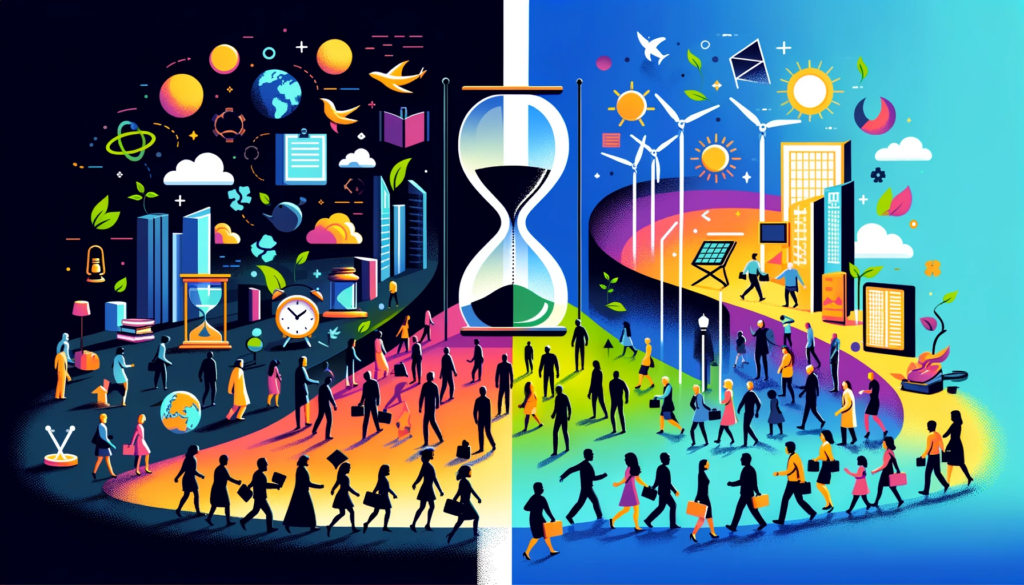You Know What You Lose, But Not What You Find
The New Year's Eve comedy show on Dutch national television was performed by Micha Wertheim. True to his style, it was complex, confusing, and surprising. At the end, he sang the song "You Know What You Lose, But Not What You Find." This song resonates with the times we live in, a period of increasing change and uncertainty.
Our Tendency Towards Conservatism
The song advocates for an open approach to change, a theme relevant for our times. It highlights the human tendency to cling to the familiar, often out of fear of the unknown. This notion echoes in several well-known psychological biases:
- The status quo bias is the psychological inclination to keep things as they are, even when alternative options might be more beneficial.
- The rosy retrospection bias means people tend to look back at the past through 'rose-colored glasses', idealizing the positive aspects and forgetting the negatives.
- Loss aversion is the concept that the loss of something weighs heavier than the potential gain of the same thing.
Change is Reality
In our era, significant change is a constant reality. Changes in population demographics prompt us to revise cultural habits and traditions and redefine who 'we' are and how 'we' behave. Technological advancements are transforming our workplaces and daily lives. Existential threats like climate change force us to reconsider our energy consumption and eating habits. These changes are necessary and inevitable.
Embracing Change
Wertheim is correct in his observation. We are often aware of what we lose – such as the declining popularity of traditions like the Sinterklaas festival, the monarchy, religious ideologies and traditions, traditional views on gender roles, gender, and sexuality - and we might be tempted to cling to them.
Our conservatism is fueled by an implicit pessimism about what the future holds. But instead of resisting these changes, we might consider embracing them. It is wise to accept that we will change, and that the familiar may make way for something not yet fully foreseeable but potentially better.
You Know What You Lose, But Not What You Find
I believe the message of "You Know What You Lose, But Not What You Find" is: be open to change and don't let fear of the unknown dominate. In a world that is constantly moving, embracing change offers a chance for progression, including the discovery of new possibilities and better alternatives to what we leave behind.
Realistic Approach
Embracing change is a realistic approach to the dynamic world we live in. It enables us to adapt and grow. This is not naïve optimism; it is an acknowledgment of the reality that stagnation often leads to decline, while adaptation and innovation often lead to improvement and progress. By embracing change, we open ourselves to new ideas, improved methods, and a better future.

Comments